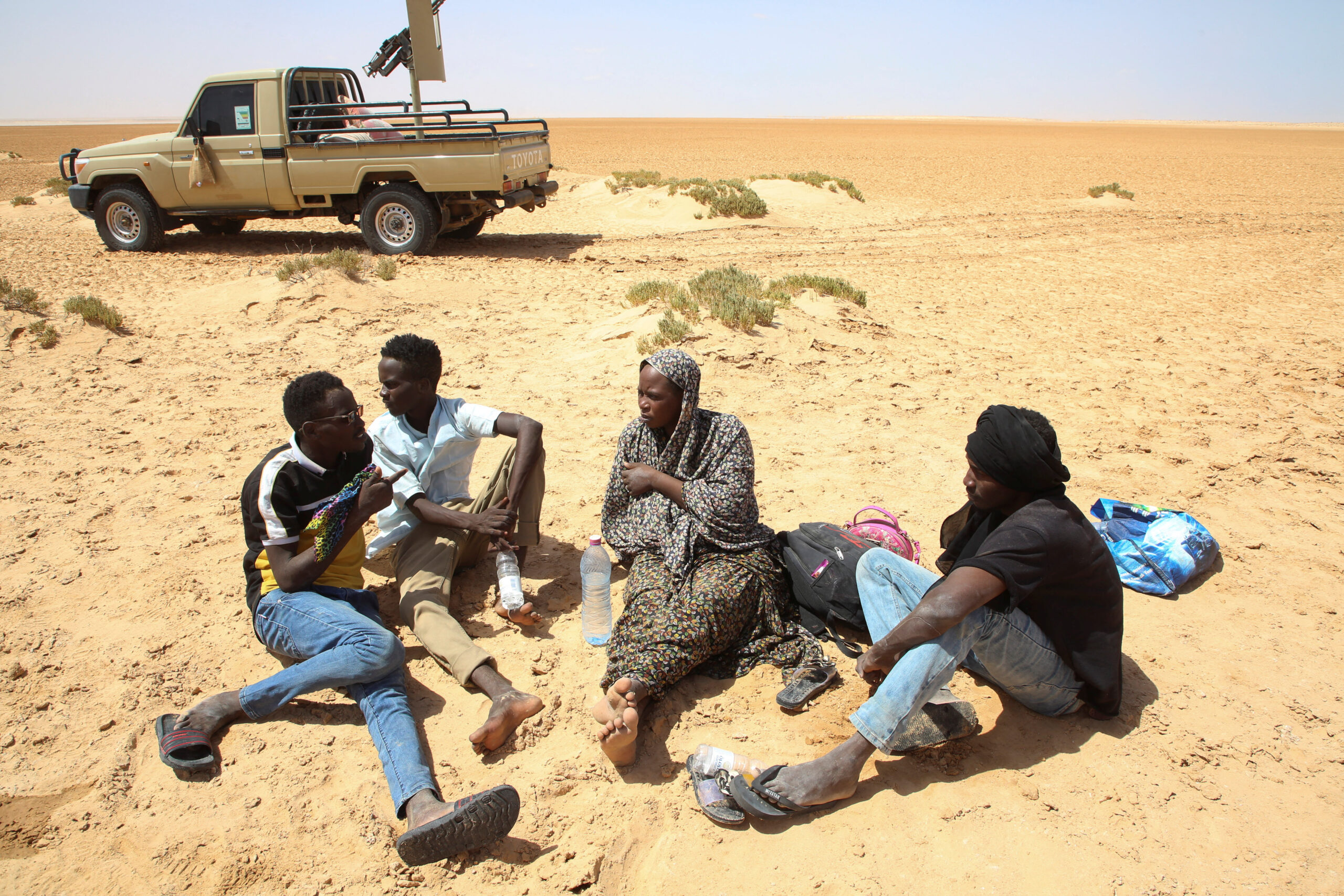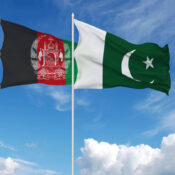
Exclusive: UN alleges that migrant expulsions from Tunisia to Libya encourage extortion and abuse
According to a confidential U.N. human rights briefing reviewed by Reuters, border guards in Tunisia have picked up migrants and handed them off to equivalents in Libya where they have suffered forced labor, extortion, torture, and homicide.
In an endeavor to stop the influx of migrants from North Africa into southern Europe across the Mediterranean, the two countries are essential allies for the European Union.
The briefing, dated January 23, stated that hundreds of migrants in Tunisia were caught up in a surge of detentions and expulsions to Libya in the second part of last year. It was based on photographs and video evidence of abuse in one of the institutions, as well as interviews with eighteen former captives.
Human rights specialist from Libya Tarek Lamloum stated that such transfers had occurred as recently as early May. According to him, over 30 refugees who were interviewed, some 2,000 migrants who were caught by Tunisia had been handed over to the Libyans this year.
The briefing from the U.N. was distributed to embassies in the area and has not been previously disclosed.
“Collective expulsions from Tunisia to Libya and the associated arbitrary detention of migrants are fueling extortion rackets and cycles of abuse, which are already widespread human rights issues in Libya,” the United Nations briefing stated.
The report stated that thousands of dollars were being demanded by Libyan officials in return for the release of some refugees.
“The situation serves the interest of those who prey on the vulnerable, including human traffickers,” it continued.
Requests for response regarding the UN briefing were not answered by either the Libyan or the Tunisian authorities.
The U.N. mission in Libya confirmed through a spokesman that they were unable to comment. “Deeply concerned about the dire situation of migrants and refugees in Libya who endure human rights violations throughout the migration process,” was the statement made by Abdoulaye Bathily, the top U.N. official there back in April 16.
The European Union announced last year that it will invest 800 million euros in North Africa until 2024 in order to stop the migrant influx across the Mediterranean. Voters’ top concern during last week’s European elections, which saw the rise of far-right groups, was immigration.
Arrivals of migrants entering Europe across the central Mediterranean during the first four months of this year were more than 60% fewer than during the same period in 2023. On June 4, Italian Prime Minister Giorgia Meloni declared that the reduction was “above all” because of assistance from Libya and Tunisia.
However, rights groups contend that the EU’s practice of giving other nations control over immigration in exchange for aid breeds abuse and ignores the root causes.
In May, President Kais Saied of Tunisia said that his nation was organizing migrant returns with its neighbors and that hundreds of people were arriving every day. The administration has declared that it upholds human rights in the past. Libyan officials claim to collaborate with neighbors to address migration-related concerns.
Independent verification of the allegations of abuse in the U.N. briefing was not possible for Reuters.
Last year, a U.N. fact-finding mission found that at certain detention centers in Libya, which were run by organizations supported by the EU, crimes against humanity had been committed against migrants.
In response to queries from Reuters, a representative for the European Commission did not respond.
Burned alive and shot
According to the most recent U.N. briefing, there is a pattern wherein border guards in Tunisia work with their counterparts in Libya to move migrants to detention centers in al-Assa or Nalout, which are located directly across the border in Libya.
According to the briefing, migrants are detained for anywhere from a few days to several weeks before being moved to the Bir al-Ghanam detention center, which is nearer Tripoli.
The Libyan Coast Guard and the Department to Combat Illegal Migration (DCIM) are in charge of the facilities.
According to the U.N. assessment, the DCIM has consistently refused entry to U.N. officials at the locations.
Interviewees for the U.N. briefing included migrants from South Sudan, Syria, Palestine, and Sudan. Information gathering from African migrants was more difficult because they were in the process of being deported and communication was more difficult.
Per the briefing, three of the refugees interviewed showed evidence of mistreatment and had scars.
“Abhorrent” is how the situation in al-Assa and Bir al-Ghanam were described in the January U.N. briefing.
“Hundreds of detainees have been crammed in hangars and cells, often with one functional toilet, and no sanitation or ventilation,” claimed the statement.
Depending on their country, officials at Bir al-Ghana are accused of extorting migrants for $2,500–$4,000 in exchange for their release.
Witnesses told the U.N. that border guards in the al-Assa facility shot and burned alive a Sudanese man for reasons that were not clear, as per the January briefing.
It further stated that former inmates recognized people traffickers among the border guard employees stationed there.
The January briefing declared, “The current approach to migration and border management is not working,” and it demanded that all international assistance for border management respect human rights and that unlawful migrants in Libya be decriminalized.
All Categories
Tags
+13162306000
zoneyetu@yahoo.com


